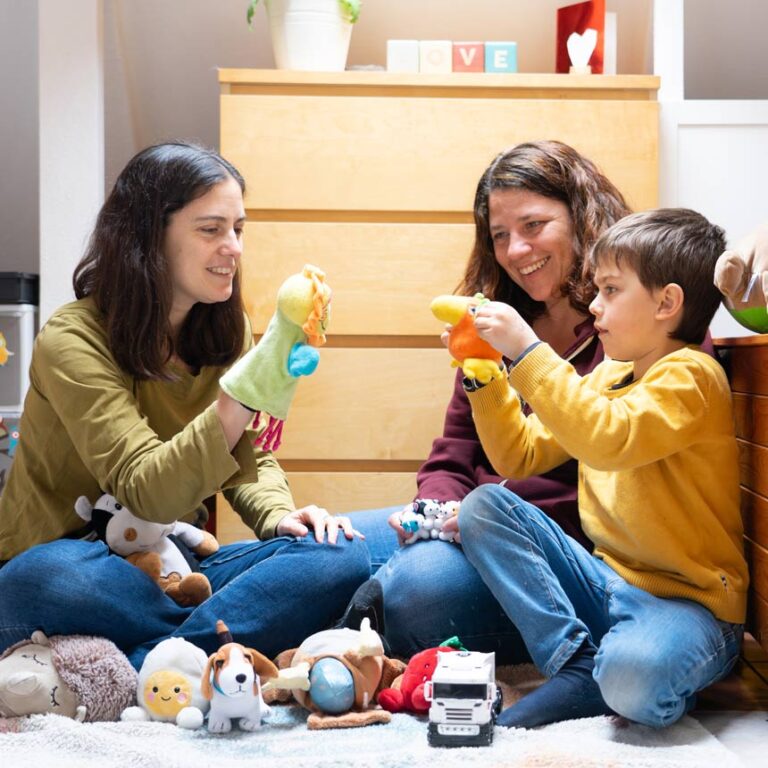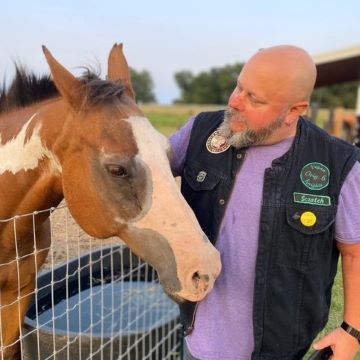
When young children struggle to adapt to the public school system, LifeWorks NW is here to provide individualized support through our Children’s Day Treatment program. Children between the ages of 5 and 11 will be referred to the program by their schools when teachers notice them struggling and feel they can’t give them the amount of support they need.
“Essentially, Day Treatment is a collaborative joint effort between mental health care providers and special education programs,” says Dr. John Clements, Children’s Day Treatment program director. “We work really closely with the school district.”
While outpatient programs may only offer children counseling every week or two, with a few services throughout the school week, day treatment involves a higher level of care. Children will attend day treatment for five hours a day every weekday. For the most part, it appears to be a normal school environment – with the crucial difference that each classroom is intentionally kept small, with a special education teacher, an instructional assistant and two mental health counselors available to help students throughout the day. A child psychiatrist also works closely with the program. Rather than providing intense one-on-one support, LifeWorks NW’s Day Treatment Program focuses on working with children in a group setting.
“We try to keep processes and schedules kind of similar to a traditional classroom setting because the goal is to help children become confident,” says Dr. Clements. “Once they have the core skills, the goal is always to get them to go back to their school district so they can function and be successful in the classroom there.”
The program is based on the idea of a “growth mindset,” teaching children how to learn from their mistakes and develop skills over time.
“We actually learn more from our mistakes than if we just continually get everything right,” Dr. Clements explains. “Making mistakes forces us to reexamine, reassess and develop new strategies so we can be successful.
One of the tools the children use to develop that mindset is mindfulness practice. Teachers guide the students through exercises and activities that help them develop an understanding of themselves and other people. This includes not only getting in touch with their own feelings to help combat anxiety and fear, but also learning to become aware of others’ emotions through random acts of kindness. In this way, the children are taught complementary skills to help them become more confident socially
“On average, our kids are with us for about a year and a half,” Dr. Clements says. “We combine a treatment plan, mental health support, special education support, and lots of time and room for them to practice developing their skills. Then we see them graduating and going back to their home schools.”
While the program’s staff rarely get ongoing updates from the school district once a student leaves Day Treatment, sometimes students reach out personally. Dr. Clements says, “We do have occasions where students come back after they graduate high school and want to talk to their teachers. In those moments, we get clear observational data that our kids have done well.”










